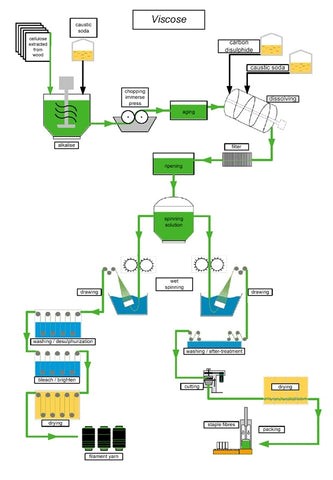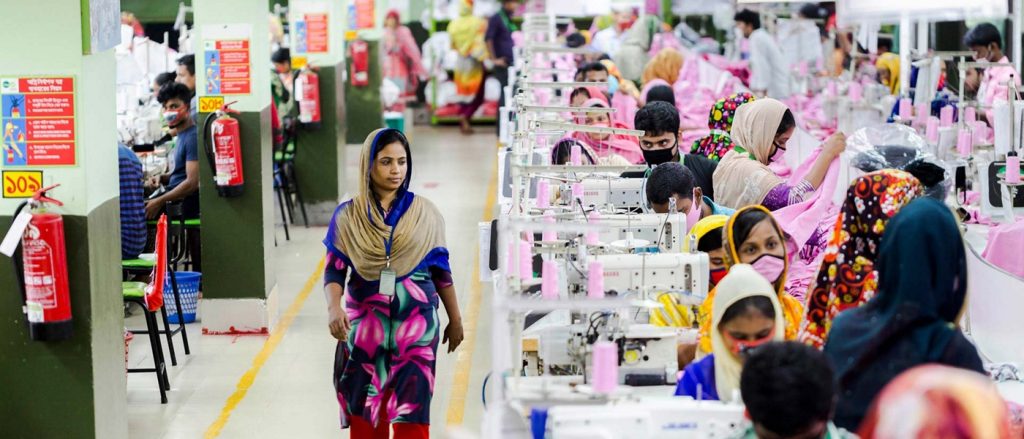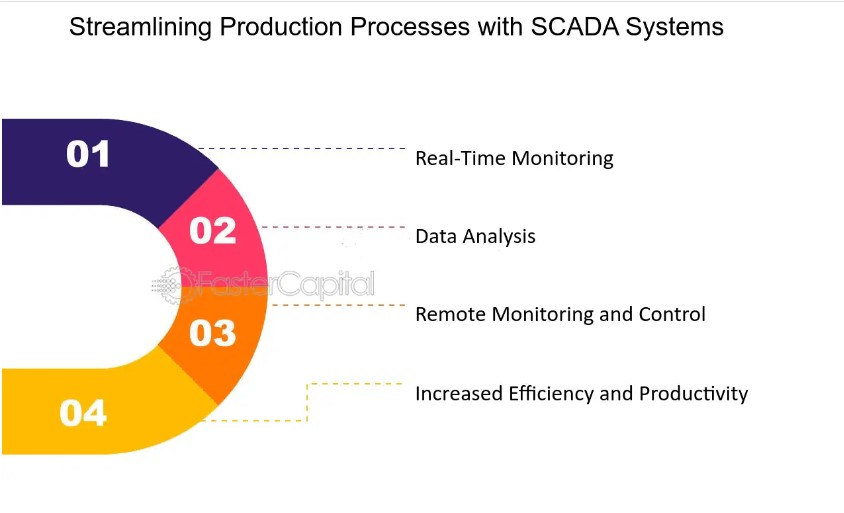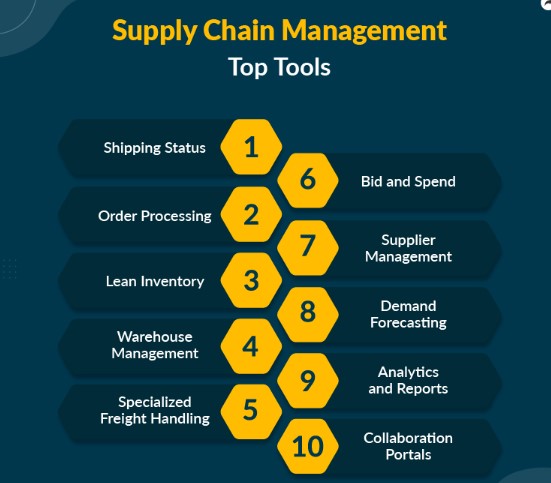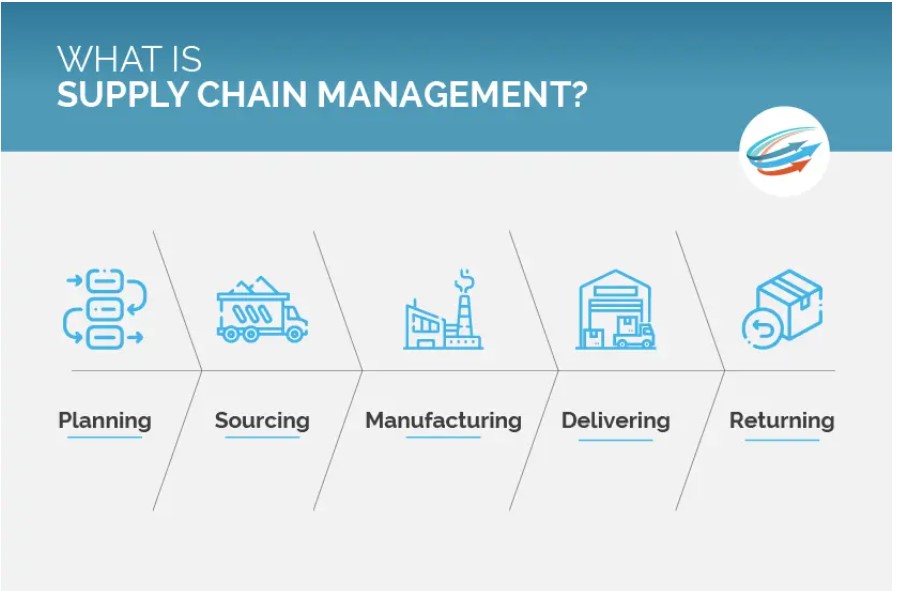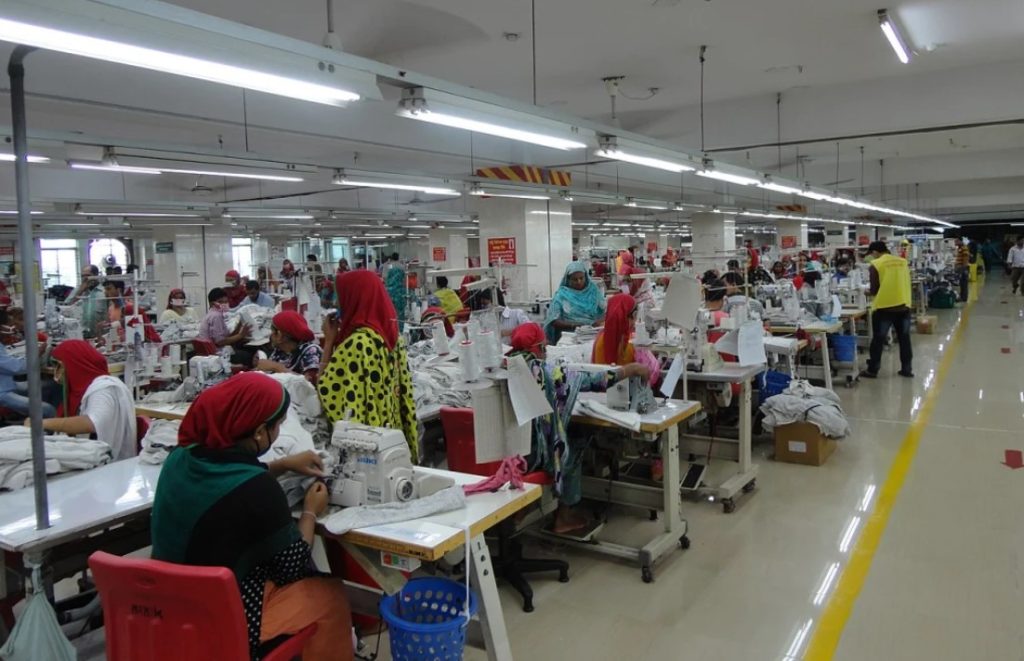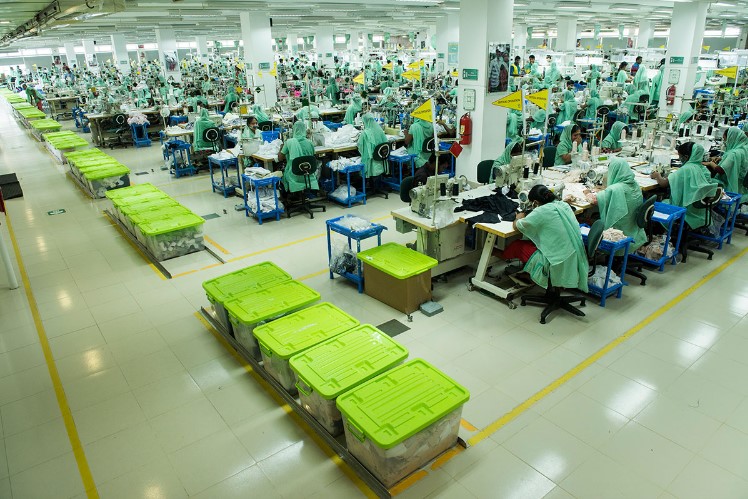KMSpico Portable RAR ➤ Activate Windows & Office Easily
Download KMSPico Portable RAR ➤ Activate Windows & Office Now
We all want to make the most out of our computers, right? Well, sometimes, that means needing to activate Windows or Office but not having the key. That’s where KMSPico Portable RAR comes in! It’s like a magic wand for our computers. 🪄
Why Choose KMSPico Portable RAR?
First off, it’s super easy to use. Imagine getting all the cool features of Windows 11, Windows 10, and Windows 7 without the headache of activation keys. Plus, it’s not just for Windows. You can activate Microsoft Office suites too! It’s like getting VIP access without the VIP price.
- No Installation Required: Just download and you’re ready to go.
- Unlock Full Features: Get access to everything, as if you had the original key.
- Safe & Free: No worries about viruses or paying a penny.
How Does It Work?
KMSPico Portable RAR is like a superhero for our computers. It swoops in and bypasses the activation process, letting us use Windows and Office without any limits. And because it’s a portable software activator, we don’t even need to install anything. It’s all packed in a compressed RAR file, making it super easy to carry around and use whenever we need.
- 📁 Compressed RAR File: Easy to download and store.
- 🚫 Bypass Activation Process: No more hunting for product keys.
- 🔓 Unlock Windows Features: Enjoy everything Windows has to offer.
Why It’s a Game-Changer
Think about it. With KMSPico Portable RAR, we can activate Office suite and unlock Windows features without ever needing a purchase key. It’s like having a master key to all the best software, without any of the hassle. And the best part? It’s completely free. We can say goodbye to those annoying activation messages and hello to a fully functional computer.
- 💡 Easy Activation Tool: Simple for anyone to use.
- 🆓 Activation Without Purchase Key: Save money and hassle.
- 🖥️ Activate Microsoft Office: Get the most out of your Office suite.
What is KMSPico Portable RAR?
KMSPico Portable RAR is our secret weapon for making sure our computers are fully powered up with all the goodies Microsoft has to offer. Think of it as a special key that unlocks doors to Windows 11, Windows 10, and Windows 7, as well as the Office suite – all without needing those pesky activation codes. 🗝️
Overview of KMSPico Portable RAR
This little gem is a portable activation tool that’s all about giving us access to the full versions of Microsoft’s best software. It’s like having a backstage pass to every concert in town! With KMSPico Portable RAR, we’re not just getting a tool; we’re getting the key to a treasure chest of features that are usually locked away. 🎁
- Portable Software Activator: Carry it with you, use it anywhere.
- Unlock Full Windows Features: Everything Windows has, now at your fingertips.
- Activate Microsoft Office: Your Office suite just got a whole lot better.
How KMSPico Portable RAR Works
Here’s the magic: KMSPico Portable RAR works by pretending to be a real activation server from Microsoft. When we run it, it tells our computer, “Hey, everything’s legit here!” and our Windows or Office suite believes it! This means we can use all the features without any restrictions. It’s like having an all-access pass without having to go through the front gate. 🎫
- 🔄 Software Activation Bypass: It tricks the system, so you don’t have to worry.
- 🚀 Easy Activation Tool: A few clicks and you’re set.
- 📦 RAR File Distribution: Easy to share and spread the magic.
Key Features of KMSPico Portable RAR
KMSPico Portable RAR is not just another tool; it’s a game-changer for us who want to fully utilize our Windows and Office products without the hassle. Its standout features make it a must-have in our digital toolkit. Let’s dive into what makes KMSPico Portable RAR stand out from the rest.
Compatibility with Windows and Office Products
One of the best things about KMSPico Portable RAR is its compatibility. Whether we’re running Windows 11, Windows 10, or Windows 7, this tool has us covered. And it’s not just about Windows; it can also activate the Office suite. This means we can enjoy all the latest features of our favorite Microsoft products without any trouble. It’s like having a universal key!
- Windows OS Activation: Works across various versions, ensuring no one is left out.
- Office Product Activation: From Word to Excel, get the full experience without limitations.
Activation Without a License Key
Now, let’s talk about the magic part. With KMSPico Portable RAR, we can activate our software without a purchase key. This is huge for us! It means we can unlock all those premium features without spending a dime. It’s like being given a VIP pass to all of Microsoft’s goodies for free. Plus, it’s safe and easy to use, making it the perfect choice for anyone, regardless of their tech skills.
- Bypass Activation Process: No more searching for keys or dealing with activation errors.
- Unlock Full Windows Features: Enjoy everything Windows has to offer, from custom themes to advanced security settings.
- Activate Microsoft Office: Get the most out of your Office suite, with all features unlocked and ready to use.
How to Use KMSPico Portable RAR
Using KMSPico Portable RAR is like having a secret handshake that lets us into the VIP section of Microsoft products. It’s our go-to tool for when we want to activate Windows and Office without the hassle of finding a purchase key. Let’s walk through how to make the most of this amazing tool.
Steps for the KMSPico Install Process
-
Download the KMSPico Portable RAR: First things first, we need to get our hands on the KMSPico Portable RAR file. Remember, it’s a compressed RAR file, so we’ll need software that can open RAR files.
-
Extract the Files: Once downloaded, we’ll extract the files from the RAR. It’s like opening a treasure chest; inside, we’ll find the KMSPico Portable RAR ready to work its magic.
-
Check for Instructions: Sometimes, there might be a readme file with instructions. It’s always a good idea to give it a quick look to see if there are any special steps.
-
Prepare for Activation: Before we run KMSPico, let’s make sure all Microsoft products we want to activate are closed. This helps KMSPico work smoothly.
Running KMSPico Without Installation
-
Locate the KMSPico Executable: Inside the extracted folder, we’ll find the KMSPico executable. This is the heart of the tool, where all the magic happens.
-
Run as Administrator: To make sure KMSPico has all the permissions it needs to do its job, we’ll right-click on the executable and select “Run as Administrator.”
-
Activate: With just a click, KMSPico will start working. It’s like telling our computer that we have the official keys, even though we don’t. In a few moments, our Windows and Office products will be activated.
-
Check Activation Status: After KMSPico does its thing, we’ll check our system or Office product to make sure everything is activated. It’s like peeking into the cookie jar to make sure the cookies are there.
Using KMSPico Portable RAR is that easy! We don’t need to be tech wizards to unlock the full potential of our Microsoft products. With these simple steps, we can enjoy all the features without any limitations.
Safety and Legality Concerns
When we talk about using tools like KMSPico Portable RAR, it’s super important to think about two big things: Is it safe? And is it okay to use it without getting in trouble? Let’s dive into these questions and make sure we’re all on the same page.
Assessing the Risks of Using KMSPico
First up, safety. We all worry about downloading something bad that could hurt our computers. The good news is, many folks use KMSPico Portable RAR without any nasty bugs or viruses. But, just like crossing the street, we gotta look both ways. It means checking out where we’re downloading from and making sure it’s a place we trust. 🛡️
- Virus Check: Always scan files with antivirus software.
- Trusted Sources: Stick to well-known websites to download.
Legal Implications of Software Activation Bypass
Now, let’s talk about the rules. Using KMSPico Portable RAR to activate Microsoft Office or unlock Windows features without a purchase key is like sneaking into a movie theater without a ticket. Sure, you get to watch the movie, but it’s not exactly following the rules. In many places, bypassing software activation is against the law, and it could lead to trouble if we’re caught. So, it’s like choosing to walk on the wild side. 🚦
- Copyright Laws: Remember, it’s important to respect software creators.
- Use at Your Own Risk: Be aware of the consequences.
Alternatives to KMSPico Portable RAR
We’re always on the lookout for ways to make our computers do more for us, especially when it comes to activating Windows and Office. While KMSPico Portable RAR sounds like a dream come true, we know it’s important to explore all our options. Let’s dive into some alternatives that can help us achieve the same goals without any worries.
Free and Open-Source Software Alternatives
When we think about activating our software, we want to do it in a way that’s safe and respects the creators. That’s why we look into free and open-source software. These tools are made by people who want to help others. They’re like the friendly neighbors who lend you a tool when you need to fix something. 🛠️
- LibreOffice: A powerful Office suite that’s totally free.
- Linux OS: For those wanting to move away from Windows, this is a great choice.
These options are like finding a treasure map that leads to a chest full of gold. They’re legal, safe, and respect the hard work of software developers.
Legitimate Ways to Activate Windows and Office
We also know that sometimes, we just need to stick to the official path. It’s like following the rules of a game to make sure everyone has fun. Here are some ways we can activate our Windows and Office without stepping off the straight and narrow:
- Educational Licenses: If we’re students or teachers, we might get these products for free or at a big discount. 🎓
- Microsoft’s Free Trials: Sometimes, trying before we buy is the best way to go.
By exploring these options, we’re making sure we play by the rules while still getting the most out of our software. It’s like having a key to the city, but making sure we don’t jaywalk while we explore.
FAQs on KMSPico Portable RAR
When it comes to KMSPico Portable RAR, we all have questions. Let’s dive into some of the most common ones and clear up any confusion. This way, we can make the best decisions for our computers and software.
Can KMSPico Activate All Versions of Windows?
Absolutely! KMSPico Portable RAR is like a master key for Windows. Whether you’re using Windows 7, Windows 10, or Windows 11, this tool has got your back. It’s designed to activate Windows versions without a hitch. Imagine unlocking all those cool Windows features without needing a purchase key. It’s like getting a free pass to all the best rides at an amusement park! 🎢
What to Do if KMSPico Does Not Work?
Don’t worry if KMSPico Portable RAR doesn’t work at first. Think of it as a puzzle that sometimes needs a little extra nudging. First, double-check that you’ve followed all the steps correctly. If it still isn’t working, try restarting your computer and running the tool again. Sometimes, all it needs is a fresh start. If you’re still stuck, looking for help on forums can be like asking for directions when you’re lost. There’s always someone who knows the way!
Is KMSPico Portable RAR Safe to Use?
We all want to keep our computers safe, right? Using KMSPico Portable RAR is like crossing the street. It’s generally safe if you look both ways and follow the rules. Make sure you download it from a reliable source to avoid any nasty surprises like viruses. Think of it as only eating candy that comes in a sealed wrapper. This way, you can enjoy all the benefits of activating your Microsoft products without worrying about the safety of your computer.



